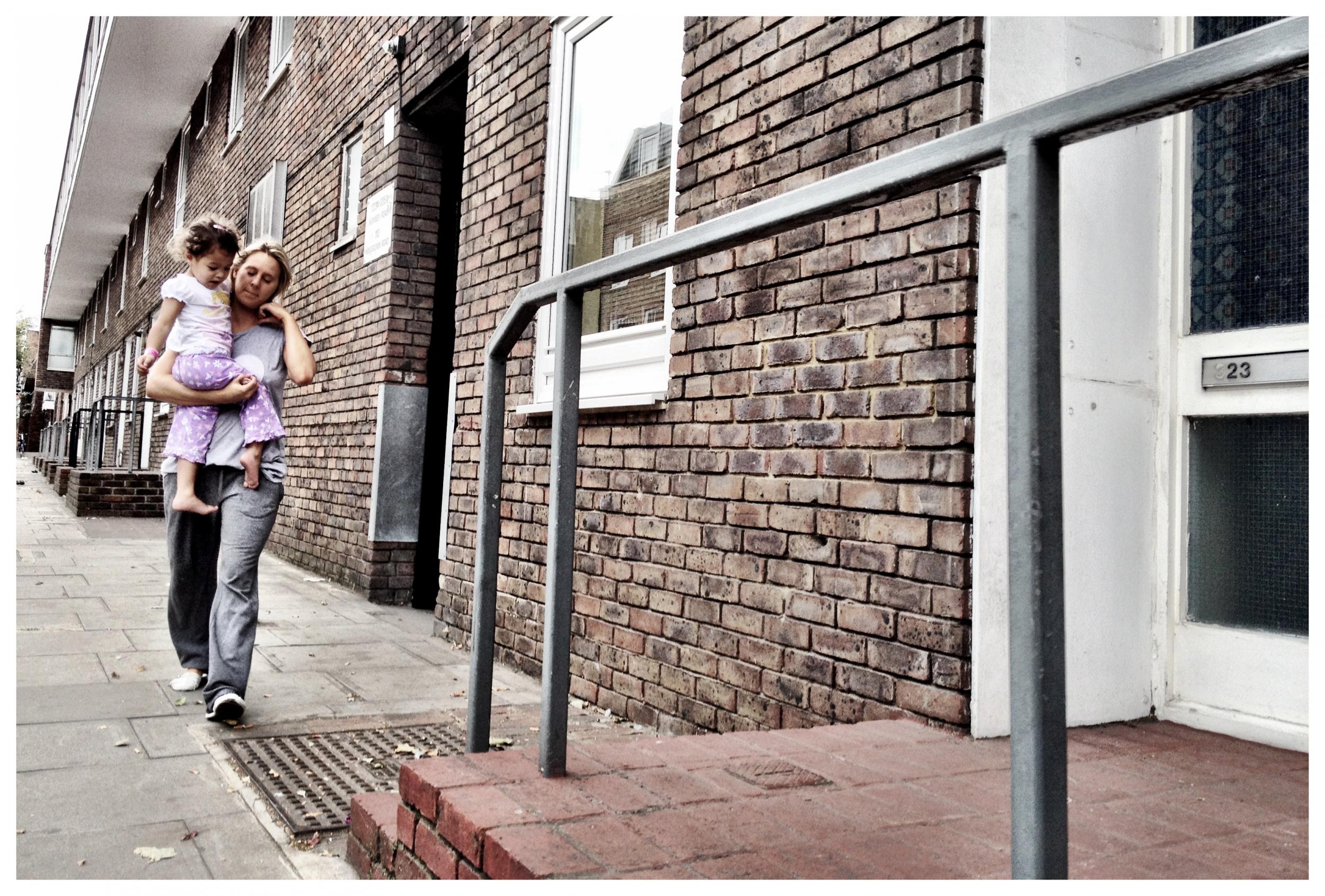Parents with young children ‘struggling to make ends meet’ amid pandemic
More than half of parents surveyed say they expect to be in further debt when lockdown ends

Your support helps us to tell the story
From reproductive rights to climate change to Big Tech, The Independent is on the ground when the story is developing. Whether it's investigating the financials of Elon Musk's pro-Trump PAC or producing our latest documentary, 'The A Word', which shines a light on the American women fighting for reproductive rights, we know how important it is to parse out the facts from the messaging.
At such a critical moment in US history, we need reporters on the ground. Your donation allows us to keep sending journalists to speak to both sides of the story.
The Independent is trusted by Americans across the entire political spectrum. And unlike many other quality news outlets, we choose not to lock Americans out of our reporting and analysis with paywalls. We believe quality journalism should be available to everyone, paid for by those who can afford it.
Your support makes all the difference.More than half of parents with young children expect to be plunged into further debt after lockdown ends, a new study suggests.
In a survey analysing the financial impact the pandemic is having on parents, 57 per cent of respondents say they are likely to borrow more money to “make ends meet” in the coming months.
Forty-three per cent of 1,800 adults surveyed say they are worried about running out of money, while almost half (48 per cent) have concerns about paying their rent or mortgage.
The study, conducted by the Fawcett Society, the Women’s Budget Group, and academics from the University of London, also found that mothers with children under age 11 are reporting high levels of anxiety.
Sam Smethers, Fawcett Society chief executive, says that women are being hit hardest during the pandemic.
“The impact of this crisis on our wellbeing is significant and profound, but women are hit harder than men in terms of their financial security and mental wellbeing,” she said.
“The government needs to step in to provide additional financial support for parents and ensure decent pay and conditions for key workers too, who themselves are also more likely to be parents.
“A significant increase in child benefit of £50 per week per child and setting pay for all key workers at real living wage levels would make a real difference.”
Mary-Ann Stephenson, director of the Women’s Budget Group, says the pandemic has “magnified existing inequalties” between men and women and called on the government to do more to tackle the gender pay gap.
“Covid-19 has magnified existing inequalities. Before this crisis women were more likely to be low paid, more likely to be poor and more likely to get into debt to buy basic necessities,” she said.
“Many of the workers on which we now depend are low paid, on insecure contracts and only entitled to statutory sick pay.
“The government has shown unprecedented agility within the social security system so far, but it needs to do more to meet urgent needs in the short term and to make sure that this crisis doesn’t further widen pre-existing inequalities.”
Marsha de Cordova, shadow women and equalities secretary, said: “Today’s findings show the immense pressure that women are under during this Covid-19 crisis – at home with their families and in the workforce.
“This crisis has exposed and amplified the underlying economic and social injustices faced by women.
“The government must address the inequalities facing women in the workforce and fix our broken social security system to ensure that no woman is forgotten or left behind.”
Join our commenting forum
Join thought-provoking conversations, follow other Independent readers and see their replies
Comments